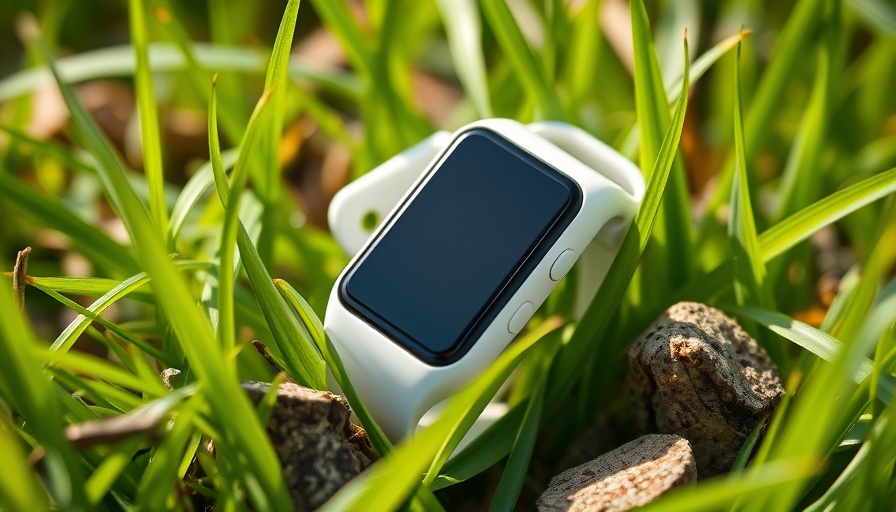
Enhancing Performance Without Losing Yourself
In an era where technology governs much of our lives, fitness trackers have emerged as essential tools for enhancing performance and wellbeing. They seamlessly bridge the gap between subjective feelings about our health and objective data, allowing individuals to monitor their heart rate, step count, exercise intensity, and sleep quality, sometimes all from one device. While they offer substantial benefits, it's crucial to remember the importance of self-awareness in our health journey.
How Accurate Is Your Data Tracker?
Not every fitness tracker is created equal. The accuracy of data can vary significantly between brands and models. While metrics like heart rate and step count tend to be reliable, other data points such as calories burned can carry significant margins of error. It’s important for users to understand these limitations when interpreting their data.
The Good and the Bad of Tracking
Tracking can provide a wealth of information about your behaviors and physical state. However, this abundance of data can become overwhelming, often leading to analysis paralysis. According to computer scientist Samantha Kleinberg, even a small amount of extra information can negatively impact decision-making. The key lies in finding the right amount of data: too little can be detrimental, but so can too much.
Finding Balance: When is Tracking Helpful?
Tracking is particularly beneficial for those seeking to make informed decisions about their health. However, it is essential to maintain a balance. Too much focus on numbers can detract from the enjoyment of physical activity and the overall experience of fitness. For instance, someone fixated on calorie counts may overlook the importance of enjoying wholesome meals.
Practical Insights for Maximizing Tracker Utility
To get the best out of your fitness tracker, consider these strategies:
Set Realistic Goals: Focus on achievable targets rather than perfection.
Practice Mindfulness: Use tracking as a tool for awareness, not as a source of stress.
Check Data Quality: Be aware of the limitations of your device’s readings.
Balance Tech with Intuition: Leverage technology, but don’t lose touch with your body’s natural signals.
Staying in tune with one's own feelings and body responses is just as important as the data provided by these high-tech tools.
The Importance of Human Connection in Health and Fitness
As medical professionals, it is vital to understand both the value and limitations of fitness trackers. While these devices can inform patients’ health journeys, the human connection—be it through empathy, shared experiences, or community support—plays a crucial role. Encourage patients to approach tracking as a complement to rather than a replacement for listening to their bodies.
While fitness trackers can enhance performance and wellbeing, they should not overshadow the importance of self-awareness and human connection. Encourage your patients to utilize technology responsibly and remain connected to their own health narratives.
 Add Row
Add Row  Add
Add 




 Add Row
Add Row  Add
Add 

Write A Comment